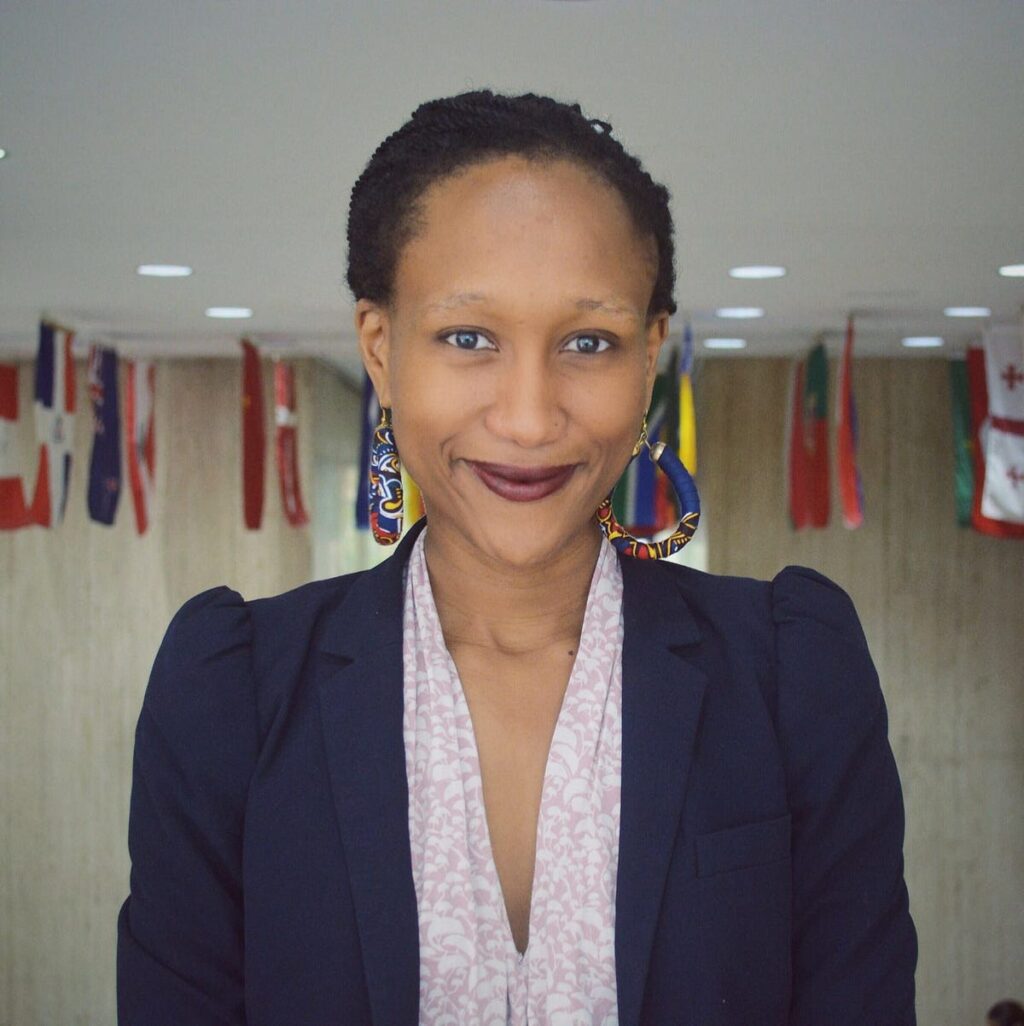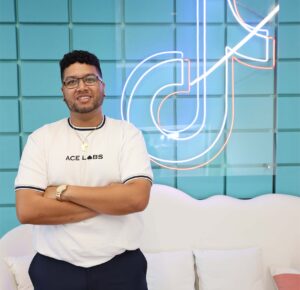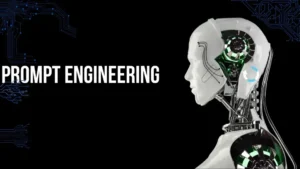
Nthabiseng Mosia
Nthabiseng Mosia Powering Change with Easy Solar. Nthabi found herself curious—and concerned—about a huge gap she noticed on the ground. access to energy. Consistently, visiting many communities across Sub-Saharan Africa, she kept seeing the same issue. Most importantly, energy, the backbone of a modern economy, was often missing.
From Concept to On-the-Ground Impact
“You can’t talk about economic development and industrialization in Africa without access to power,” Nthabi observed.
Consequently, determined to tackle this challenge, she enrolled at Columbia University’s School of International and Public Affairs (SIPA).
Furthermore, she was always interested in energy access and development, so she took a course focused on solving the energy access problem. Notably, In Professor Philip LaRocco’s class, she and her classmates, Eric Silverman and Alexandre Tourre, created a business plan. This specifically was for a hypothetical company to provide energy access. Nevertheless, they submitted the plan to the 2015 SIPA Dean’s Public Policy Challenge, part of the Columbia Venture Competition. They won, earning a $25,000 prize.
However, with this prize, Nthabi, Eric, and Alex were ready to turn their concept into something real. Notwithstanding, In December 2015, they traveled to Sierra Leone to survey energy needs firsthand. Subsequently, visiting homes outside Sierra Leone’s energy grid brought the reality of the energy crisis into focus.
Subsequently, I’d been to rural communities before, but this level of energy access deprivation was shocking, Nthabi recalled. “One house used a kerosene lamp for light, and we could barely stand the smoke it gave off. I still have a picture of that lamp.”
Nthabiseng Mosia Powering Change with Easy Solar
Moreover, seeing the stark difference between life in Sierra Leone and theirs as New York City grad students struck her deeply. “You can understand injustice conceptually, but witnessing it was like seeing a lottery of privilege and access,” Nthabi reflected. “Particularly, the sensory experience of how people live at the bottom of the energy access pyramid was a turning point for me.”
Nonetheless, with a clear need in front of them, they sprang into action. “We majorly leveraged every Columbia resource to build this grad school baby into Easy Solar,” Nthabi said. Presently, Easy Solar is a leading energy distribution company in West Africa. Specifically, bringing affordable, accessible energy services to underserved areas. Additionally, with a team of 800 people, Easy Solar has reached over 750,000 people in Sierra Leone and Liberia. They consistently provide solar lanterns, home kits, and backup battery generators through a pay-as-you-go model. They also partner with local agents, trusted community leaders, schools, hospitals, farms, and NGOs to expand impact.
“When we moved to Sierra Leone full-time, we didn’t have any security—we had student loans and a lot of risk,” Nthabi said. “But when you find something meaningful that you’re passionate about, there’s nothing that compares to it.”
I was lucky to work with two other incredibly smart people with different perspectives. More so, we challenged and pushed each other to see things in new ways,” Nthabi said. “Particularly, a startup requires hunger, drive, and the willingness to leverage any resource you can. SIPA offered so many classes we could tailor to our needs.”
Finally, Columbia transformed Nthabi’s outlook on entrepreneurship. “I used to think you needed to have your life perfectly planned, with plenty of capital and a massive network,” she said. “But the Columbia ecosystem showed me that, with a good idea and right support, you can create something practical and sustainable.”








